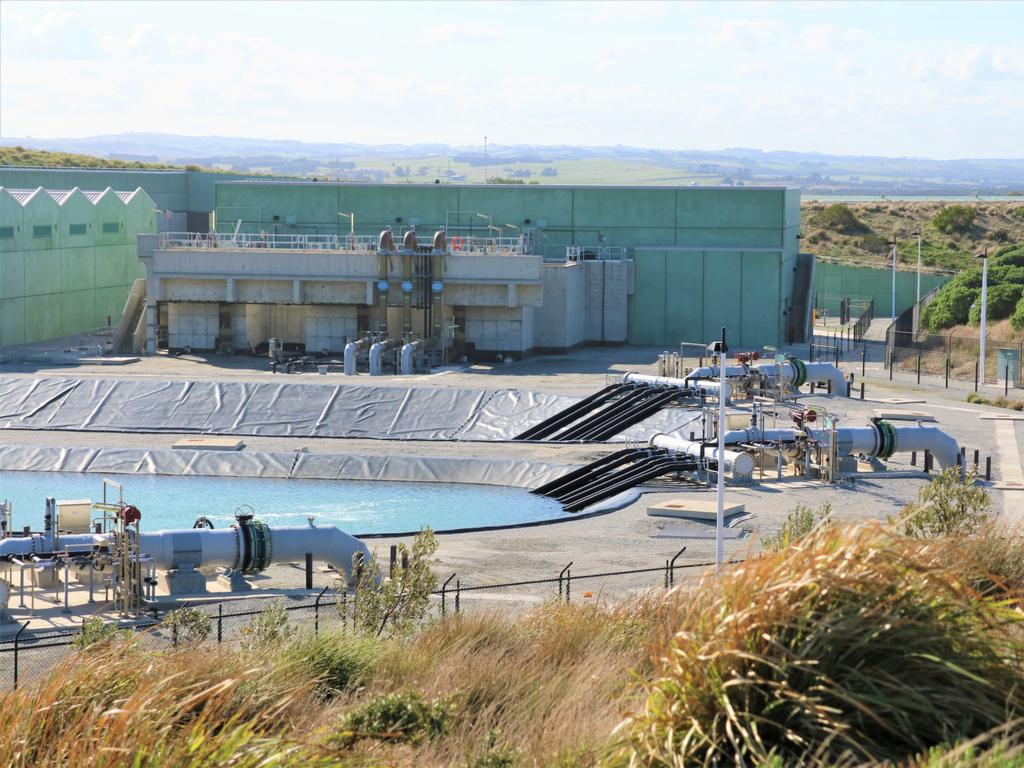Desalination occupies an important place in Egypt’s drinking water supply strategy. The government of this North African country wants to implement an ambitious plan to build 47 seawater desalination plants in the governorates of North and South Sinai, Port Said, Ismailia, Suez, Dakahlia, Kafr E-Sheikh, Beheira Matrouh, and the Red Sea.
Implementation of the plan will be monitored by the Holding Company for Water and Wastewater (HCWW), the New Urban Communities Authority (NUCA) and the General Organization for Physical Planning. The programme will require an investment of 45.18 billion Egyptian pounds, or $2.8 billion. The objective is to produce 2.44 million m³ per day by 2025.
The stages of the programme
The first component of the government programme aims to strengthen water supply in underserved areas, particularly in the governorates of North and South Sinai, the Red Sea and Matrouh. Initially, the authorities are counting on the construction of 19 seawater desalination plants with a cumulative capacity of 312,000 m³ per day, for an investment of 6.84 billion Egyptian pounds, i.e. 428.6 million dollars.
With an investment of 6.6 billion Egyptian pounds (more than 413 million dollars), the second phase of the plan will make it possible to produce 335,000 m³ of drinking water per day via seven seawater desalination plants. The third part of the project will allow the construction of 19 reverse osmosis plants with an investment of 29.64 billion Egyptian pounds (1.85 billion dollars). The plants built in this phase will have a capacity of 1.29 million m³ of drinking water per day. The fourth and final phase of the project will provide a drinking water production capacity of 100,000 m³ per day via two desalination plants.
Resorting to PPPs?
The vast seawater desalination programme launched in Egypt is in line with the government’s policy of exploiting unconventional water resources to preserve the scarce freshwater resources in the country of the pharaohs. The Egyptian government wants to implement its policy by relying on private actors. That is why it has opened up the desalination sector to public-private partnerships (PPPs). It is within this framework that the Emirati company Metito and the Egyptian company Orascom Contrustion have received approval from the authorities for the construction of a seawater desalination plant with a capacity of 300,000 m³ per day in El-Arich, in the governorate of North Sinai.
Jean Marie Takouleu
